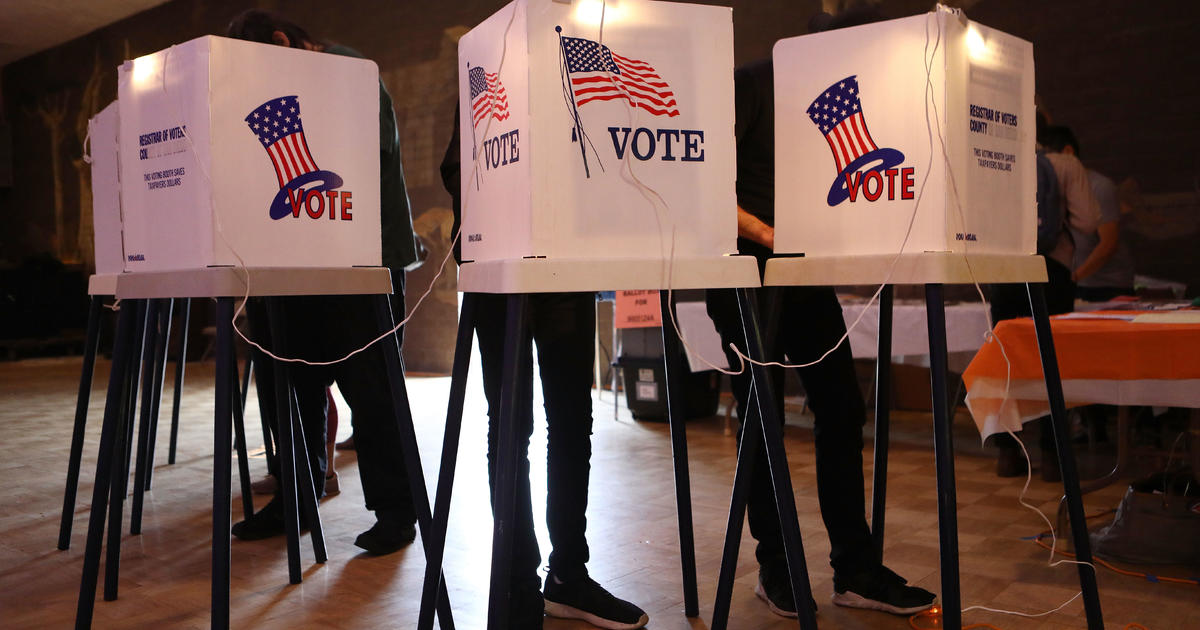John J. Martin, a research assistant professor of law at the University of Virginia, highlights the importance of state secretaries of state in overseeing various crucial state functions, including serving as chief election officials in 38 states. These officials derive their power from the U.S. Constitution, which grants states authority over the regulation of elections. As a result, secretaries of state play a significant role in shaping the democratic process by determining ballot eligibility, certifying election results, and making decisions regarding voting equipment and ballot design.
The authority of secretaries of state varies by state, but they often have substantial influence over election outcomes. For example, they can determine ballot eligibility, certify election results, and establish rules for voting procedures, such as ballot design and vote counting. Recent events have shown the potential for abuse of this power, as some secretaries of state have been accused of suppressing votes or acting in a partisan manner. Accountability measures, such as elections or legal challenges, are crucial in holding these officials responsible for their actions.
Despite the importance of state secretaries of state, they often operate under the radar during election seasons. However, disputes over election results and ballot access have brought increased scrutiny to these officials in recent years. The power of secretaries of state over the democratic process extends beyond state and local elections to federal elections as well, making them essential figures in ensuring the integrity of the electoral system.
The role of state secretaries of state as chief election officials is rooted in the Constitution, which grants states authority over the regulation of elections. This authority includes determining ballot eligibility, certifying election results, and making decisions regarding voting procedures. Recent events have highlighted the potential for abuse of this power, underscoring the need for accountability measures to hold these officials responsible for their actions.
Accountability measures for state secretaries of state include elections, legal challenges, and internal checks and balances. While most secretaries of state are dedicated public servants, the immense influence they wield over the democratic process necessitates oversight to prevent abuse of power. By ensuring transparency and accountability in the decision-making process, state secretaries of state can uphold the integrity of the electoral system and protect the democratic rights of citizens.









